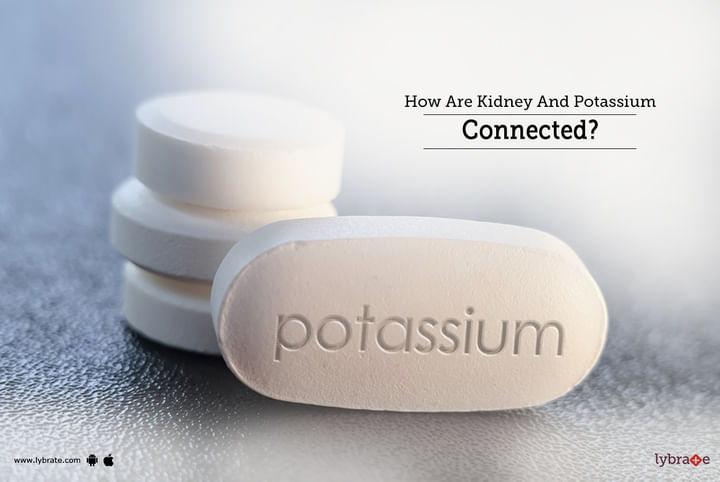How Are Kidney And Potassium Connected?
Potassium is an essential mineral that helps in the healthy functioning of your body – it helps in muscle contractions, fluid balance, and nerve signals. Your body receives the required amount of potassium from specific food sources and processes the same. The excess potassium is eliminated from the bloodstream by your kidneys.
Under normal circumstances, your blood levels should be between 3.5mEq/L and 5.5mEq/L for potassium to carry on these functions. Healthy kidneys play a vital role in keeping potassium levels in check.
In case your kidneys are unable to remove excess potassium, it may get stored in your blood, leading to a condition known as hyperkalemia.
The Link between Your Kidneys and Potassium
The mineral potassium and your kidneys share an intricate relationship. If the levels of potassium in your blood are too high, it can pose a threat to your cardiac condition – leading to a heart attack or irregular heartbeat.
Hyperkalemia occurs when the kidneys fail to function properly. Your kidneys work to balance the amount of potassium consumed with that, which is eliminated through urine. Your body takes in potassium through the foods and drinks you consume. In the initial stages of your kidney disorder, they may be able to make up for high levels of potassium. However, as your condition worsens, they may be unable to eliminate enough of the mineral from the body.
How to Find Out If You Have High Potassium Levels
The only way to figure out if your potassium levels are healthy or too elevated is to go for a blood test. The test measures the level of potassium in the bloodstream.
As long as your kidneys are healthy, your potassium levels will be under control. Therefore, if you have hyperkalemia, or if there are chances of you getting it, you may have to cut back on foods that are high in potassium content. Besides, you will have to rely on diuretics and potassium binders.


+1.svg)
